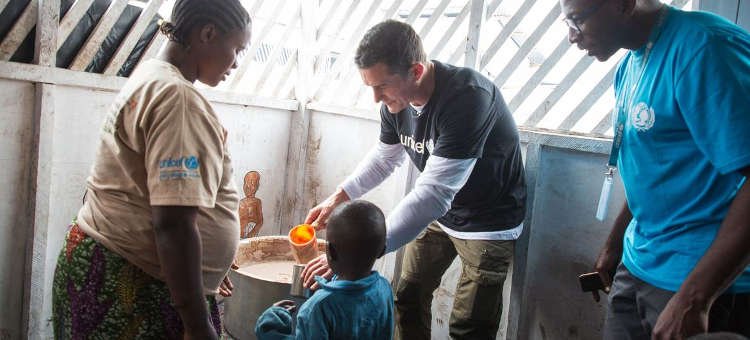The news that women and children are severely impacted by the violence in the Democratic Republic of the Congo (DRC) demands an urgent humanitarian response.
Development Diaries reports that over 1,000 grave human rights violations against children in the three eastern provinces of Ituri, North Kivu, and South Kivu during the first quarter of 2024 have been verified by the United Nations (UN).
It is understood that the figure is 30 percent higher than the last quarter of 2023.
Tragically, children entangled in conflict often endure abuse, violence, and kidnapping, as well as recruitment and exploitation by armed groups.
The pervasive conflict in the DRC has resulted in countless children being subjected to harrowing experiences, including forced recruitment into armed groups, sexual violence, and displacement from their homes.
These traumatic experiences have robbed them of their childhood and also left lasting psychological scars. The instability has disrupted educational systems, leaving millions of children without access to formal education and pushing them into child labour or the hands of militias.
Moreover, the humanitarian crisis has increased the suffering of children in the DRC, as health services are severely lacking and many children suffer from malnutrition and preventable diseases.
Also, the breakdown of infrastructure and constant insecurity hinder the delivery of humanitarian aid, making it difficult to address the basic needs of these vulnerable populations.
Children who have lost their families or been separated from them face heightened risks of exploitation and abuse.
Despite international efforts to provide aid and foster peace, the resilience and well-being of Congolese children remain under constant threat, highlighting the urgent need for comprehensive strategies to protect and support the youngest and most vulnerable in society.
Development Diaries calls on the parties to this conflict to put an end to serious abuses against children and for the authorities to hold those responsible for their actions accountable.
Source: United Nations
Photo source: UNICEF/Vincent Tremeau







